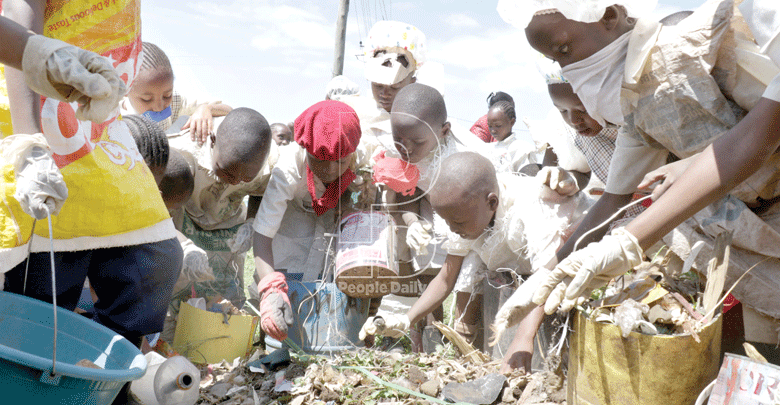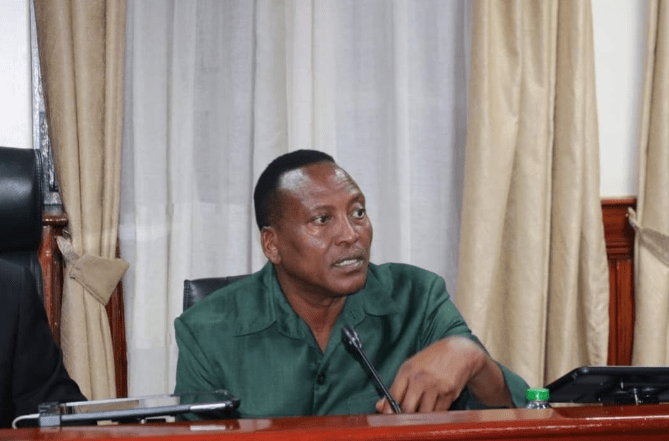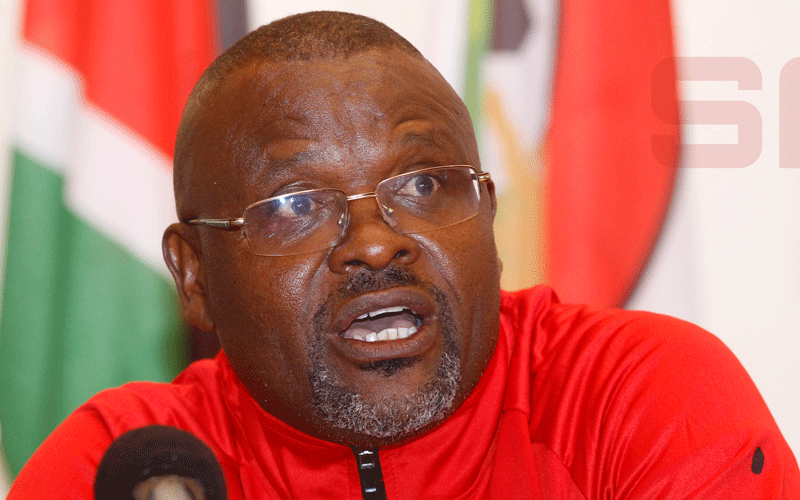Address teething problems in CBC

Phase One of the implementation of the new curriculum is finally on course with the commencement of assessment and evaluation of learners’ abilities.
It is a firm testament that the Competency-Based Curriculum (CBC) roll-out is unstoppable despite a near false start, scepticism and confusion that greeted its official launch early in the year.
Admittedly, there were many doubts about the new system because of the many odds that were stacked against what was being touted as a revolutionary step in the country’s education outlook to a more practical and skill-oriented approach, away from the exam-driven 8-4-4 system.
And even as the ongoing phase is being implemented, the government has to address the teething problems that are likely to undermine the CBC’s objectives.
Stakeholders have raised many concerns including inadequate learning equipment and classrooms, haphazard training of teachers, teachers union resistance, a sceptical public and unclear direction from the Education ministry officials.
But out of sheer determination, Education Cabinet secretary George Magoha dived into the confusion that had been created by his predecessor, Amina Mohamed, who had cancelled the rollout citing unpreparedness.
Magoha demonstrated leadership and rallied his troops and other stakeholders to get CBC back on track against the backdrop of a spirited resistance from the Kenya National Union of Teachers under secretary general Wilson Sossion.
On Friday, the CS while inspecting the ongoing testing of Grade Three learners in Thika, Kiambu county assured the country that indeed, as he had told naysayers, that CBC was unstoppable because “the train had left the station”.
As he mingled with the enthusiastic learners, he clarified that the assessment—and not testing as it is being perceived by many—which has been going on will be term-long exercise with the class-based assessment and evaluation of learners ability.
And today, the learners will be assessed on Mathematics, English and Integrated Learning activities to test their holistic skills (interaction, problem-solving, observation and critical thinking).
In the meantime, it is now critical for the ministry to focus its energies on the teething problems among them structural, equipping schools, providing adequate learning materials, staffing shortages and enhance training of teachers to handle the new curriculum to ensure a seamless transition into the next phase—Grade Four.











